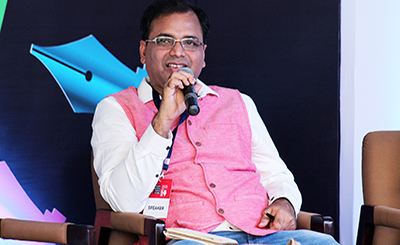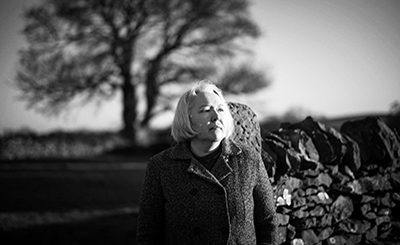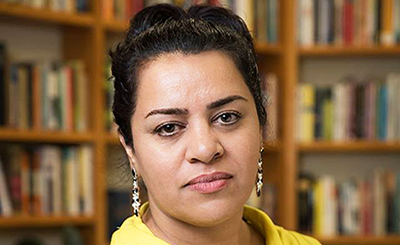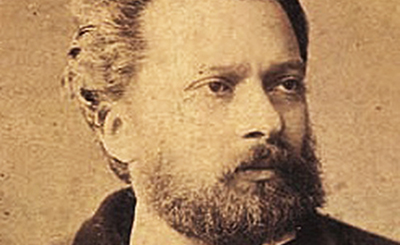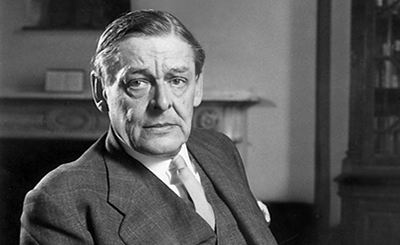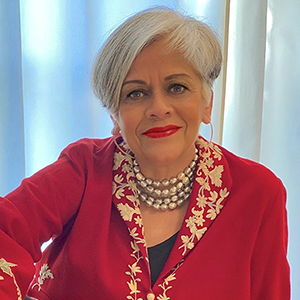
Alka Joshi, author of The Henna Artist. Photos courtesy of Alka.
It took me over 10 years to birth my first book. There were so many times when I wanted to give up — and did. Like Homer’s Odyssey, The Henna Artist was my personal hero’s journey, filled with seemingly insurmountable obstacles
In 2020, my debut novel The Henna Artist was published by Mira Books, a division of HarperCollins. Although the book premiered during the pandemic, it became a New York Times bestseller, a Reese Witherspoon Bookclub pick, was Longlisted for the Center for Fiction First Novel Prize and is being developed into an episodic series by Miramax TV.
How does it feel to be an overnight success? I always smile when people ask me that.
The truth is that it took me over 10 years to birth this book. There were so many times when I wanted to give up — and did. Like Homer’s Odyssey, The Henna Artist was my personal hero’s journey, filled with seemingly insurmountable obstacles.
The first hurdle came with the death of my mother, Sudha. You see, I’d written the book for her. In 1955, when she was 18, she’d been forced to abandon college and career for an arranged marriage. By 22, she had three children. Despite the lack of agency in her life, she made sure that I, her only daughter, would make my own choices about marriage, career and children. How could I thank her for the remarkable gift she gave me?
I realized that through fiction, I could create the life my mother deserved. As Lakshmi, the book’s heroine, my mother could abandon societal expectations and design a life of her own making, reflecting the independent path India was charting post-Independence.
The novel became my MFA thesis. Shortly after I presented it, however, my mother died — quite unexpectedly. Overwhelmed with grief, I stopped writing altogether. There seemed no point in continuing.
Two years later, one of my thesis advisors called to ask how my manuscript was coming along. When I told her about my mother, she suggested that working on the book could be good therapy. She put me in touch with her editor, who kindly read the novel and made some insightful recommendations. I worked on those suggestions over the next year.
My thesis advisor sent the manuscript to her agent. Within a few days, Emma Sweeney was calling from New York. She loved the story, adored Lakshmi, and found the Jaipur setting intriguing. I finally had a literary agent!
Terrific! When do we publish the book? I asked.
First, she wanted to know if I’d published any stories. I hadn’t. How about articles in magazines?
No. Did I have a blog? Nope.
Hmm. She paused. Let’s just concentrate on making this the best debut novel possible.
I was disappointed. I’d already pictured myself signing books to a long line of readers, the way it always happened in the movies. But Emma had 30 years in the business. She knew what she was doing.
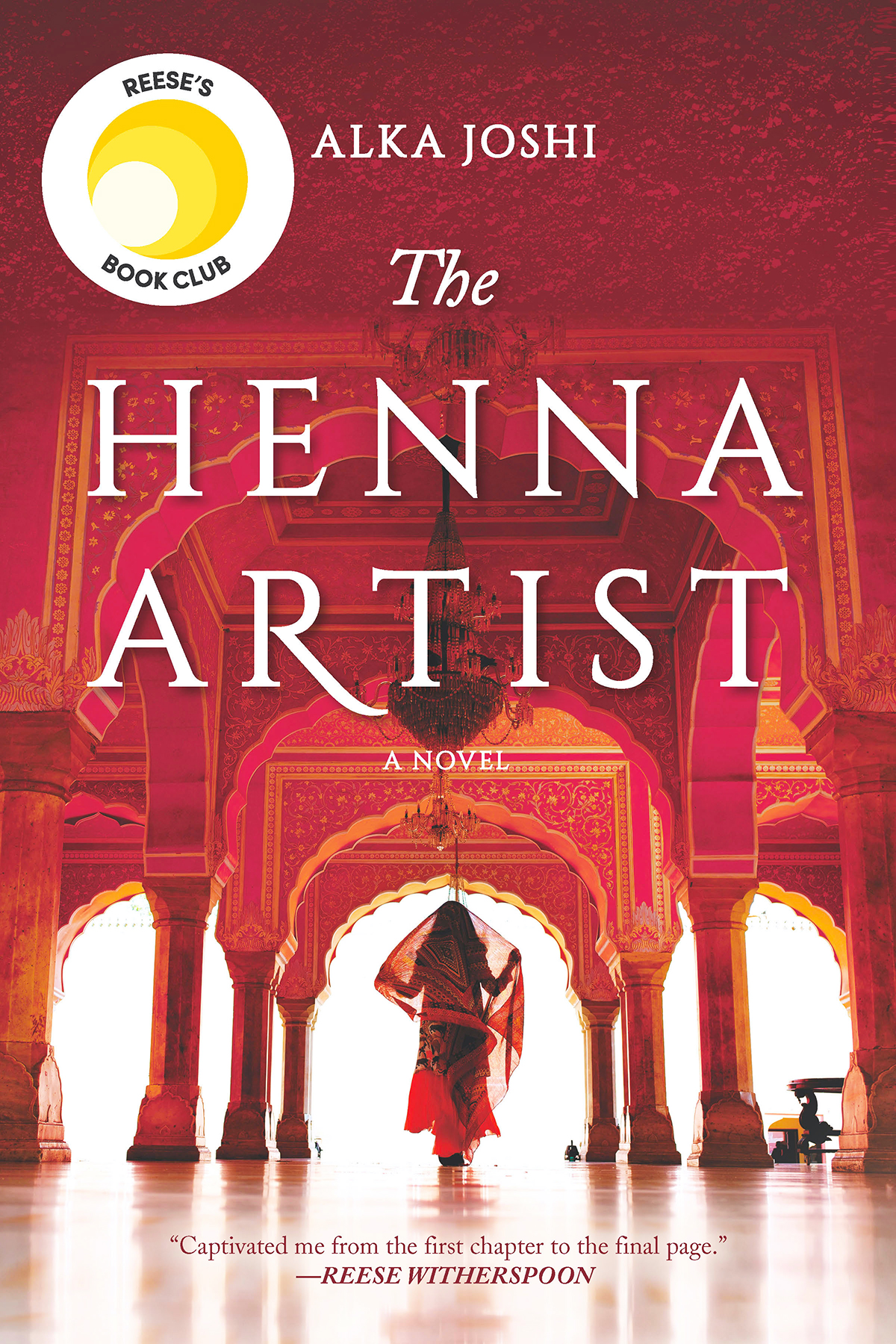
For the next several years, she had me trim, add, edit, polish. One-hundred fifty pages ended up in the trash, which was painful. But I had to admit, the manuscript was tighter.
Once again, I asked when we’d send it to a publisher. Oh, she said, I’m only a literary agent. What I really needed was a professional editor.
Yet another editor? More revisions? I took a deep breath. Told myself I was lucky to land such an experienced agent.
I paid a developmental editor to review the manuscript. She sent me an editorial letter. It was 15 pages long. Advising me to go deeper into characters, build their interior lives, make key scenes more compelling.
Now, I was not only frustrated but angry. Eight years — that’s how long I’d been working on the novel. If it wasn’t publishable after all these years, maybe I wasn’t meant to be a writer!
I slammed the manuscript in my desk drawer. I was done.
Another year went by. I came across the manuscript while searching for something else. Out of habit, I started reading. An hour later, I was still reading. I’d become engrossed in the story, not as a writer but as a reader. I fished out the editor’s comments from a year ago and realised that she had been cheering me on: the novel was good, but I could make it stronger.
I wentback to it. Sent the edited manuscript to Emma, who sold it to Mira Books — ten years after I’d first conceived Lakshmi.
Mira expected The Henna Artist to be a big book for 2020. I was flown to New York, to Toronto, to meet with booksellers. Harper Collins designed a gorgeous cover. Sales and Marketing pre-sold the book everywhere. Publicity lined up a book tour. My release date: March 10, 2020.
March 10th arrived. So did the pandemic. Bookstores closed. Libraries closed. Stores stopped shipping books. Only supplies like toilet paper were considered essential. My book tour, conferences, panel discussions: cancelled.
I crawled under the covers. I cried. I railed against bad karma.
A week later, my Mira editor called. Reese Witherspoon had selected The Henna Artist as her May bookclub pick! I thought I might faint. The Reese Witherspoon? Champion of female-authored books? Yes, that one!
May 1st arrived. Bookstores started shipping books again. Libraries arranged curbside pickups. Reese and I had a Zoom chat about The Henna Artist. The book shot up all the bestseller lists. Requests to option the screen rights came pouring in. I chose the Miramax team, Freida Pinto starring as Lakshmi.
I’ve now led 340 bookclub discussions around the world, done 45 interviews, been featured in many publications, including Vogue India, Harpers Bazaar India and Vogue Italia. The book is being translated into 23 languages.
Is my hero’s journey over? I hope not. There will be more obstacles ahead; there always are. I expect that as I ride the troughs and valleys of those challenges, sometimes I’ll want to give up. Until then, however, I’m eagerly awaiting the release of the sequel, The Secret Keeper of Jaipur (June 22), and I’m enjoying writing the third book in the trilogy. And looking forward to the filming of the screen adaptation in 2022!
This piece is part of The Women’s Issue, curated by Shireen Quadri
More from The Byword
Comments
*Comments will be moderated





